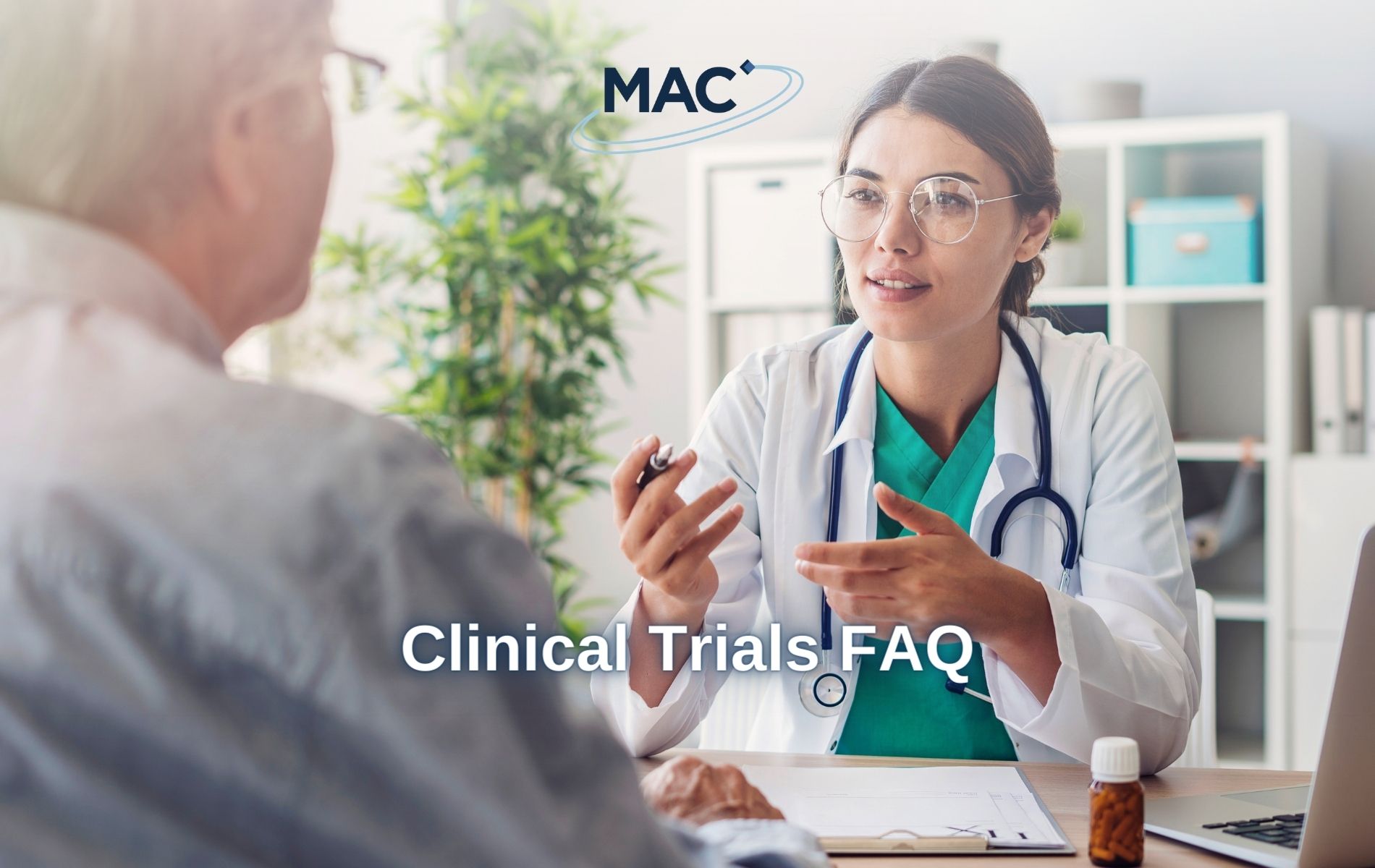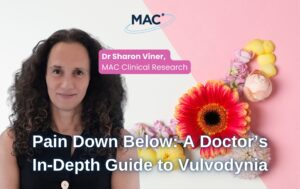People are naturally afraid of the unknown, and you may have preconceptions about clinical trials and what’s involved, which is why we think it’s important to lift the veil this Halloween and answer the most commonly asked questions surrounding clinical research, and what to expect on a clinical trial.
Are clinical trials safe?
Like everything else in life, there are some risks associated with clinical trials. Before you start a trial, we will be assessed for eligibility against a list of criteria, given a comprehensive health check and your medical records will be reviewed. Once you are enrolled in the trial you will be monitored by our dedicated team of doctors and nursing staff throughout your participation, and we will report any relevant medical information back to your GP.
Are my details kept confidential?
We will never divulge personal information to an external party, other than your doctor or hospital, unless required to do so by law. Any study data that may be presented externally from MAC, for example with the trial sponsor, will be done so with no way to personally identify participants and will be limited to study results.
What are the possible side effects?
All medications, even those as common as paracetamol and aspirin, have possible side effects. One of the purposes of clinical trials is to assess the safety and tolerability of the trial medication. Any known side effects will be discussed at length with a study doctor as well as discussing any potential risks. However, all clinical trial participants are closely monitored to assess potential side effects. If you participate in one of our studies, you will be closely monitored by our experienced medical team and you will have regular check-ups to ensure your wellbeing.
What are clinical trial regulations?
All clinical trials are performed in accordance with the Good Clinical Practice (GCP) guidelines to ensure optimum patient care. Clinical research is an important part of advancing medical science. All clinical studies are reviewed by the Medicines and Healthcare Regulatory Authority (MHRA), as well as an independent ethics review board and must be granted a Clinical Trial Authorisation (CTA) approval before they can go ahead. The MHRA reviews that the medicine or device being investigated meets the applicable standards of safety, quality, and efficacy.
Why should I participate in a clinical trial?
Clinical trials are vital for discovering new treatments, however the decision to enrol in a trial is very personal and is yours alone to take. Our team of healthcare professionals understand your condition and will ensure your care at all times.
If you feel hesitant, our friendly team would be delighted to talk you through the study in detail and answer any questions. You can also talk with your family or doctor before making any decisions.
There is no obligation to participate in a clinical trial and you can withdraw your consent at any time.
How will I be helping medicine?
Through taking part you could help us discover new ways to detect, diagnose, or reduce the symptoms of an illness. Clinical trials can show researchers what does and doesn’t work. To put it simply: there would be no new or improved medications if it weren’t for clinical research. Simple pain relief such as paracetamol and aspirin have all gone through the clinical trial process.
By taking part in a MAC clinical trial, you can take an enormous sense of pride in the knowledge that you are helping to identify treatments that will benefit the lives of future generations.
I have registered my interest in a study but have not heard anything.
Once you register your interest in one of our clinical trials, a member of the MAC team will contact you via your preferred contact number to ask further questions about your eligibility and discuss the trial with you. Please note that our dedicated Teesside-based patient-liaison team may call you from an unknown number, or 0800 917 7637.
What clinical opportunities do you have?
MAC is currently looking for people to participate in clinical trials for Chronic Obstructive Pulmonary Disease (COPD), mental impairment due to depression, Idiopathic Pulmonary Fibrosis (IPF), Obsessive Compulsive Disorder (OCD), Diabetic Peripheral Neuropathic Pain (DPNP) and healthy volunteers. You can find more information on our current studies webpage.
What about clinical trials for conditions not listed in MAC’s current trials?
We are constantly growing the range of studies available. If you or someone you know are living with a condition that we are currently not running a clinical trial for, please register your details to join our database of clinical trial volunteers, and you will be notified when/if your chosen clinical trial becomes available.
What is the age range for your clinical trials?
Each clinical trial is different, so the eligibility criteria are different for each trial. Our clinical trials have minimum and maximum age requirements depending on the nature of the trial. To view this, click on the clinical trial you are interested in on our current studies webpage.
Is the trial only for UK citizens and how far do you have to travel?
Our clinical trials are currently only for UK residents; you will be required to attend our UK-based clinics and will need to be registered with a UK doctor. How far you will have to travel depends on the trial and where you are based, to find this out, register your interest for the clinical trial you would like to take part in, and a member of staff will contact you. For travel to and from our clinics, MAC will cover reasonable travel expenses, or transport may be provided.
Where are your clinics?
We have clinics based across the UK, located in Greater Manchester, Lancashire, Merseyside, South Staffordshire, South Yorkshire, Teesside, and West Yorkshire.
How many visits to the clinic will I need to do?
Patient visits differ for each clinical trial. To find out how many visits patients will need to complete, head over to our current studies page for the clinical trial you are interested in participating in.
Will I be paid for taking part in a clinical trial with MAC?
Depending on the individual study you will often receive a payment for your time and commitment. This can vary depending on the study itself. Patient reimbursement and amounts are decided by an NHS Independent Ethics Committee.
Whether the study offers payment or not, taking part in a trial is always free and we will either provide transport or reimburse your travel costs in full.
We hope these answers have cleared up some common misconceptions around clinical trials.
Participating in clinical trials provides early access to advanced treatments and ensures thorough medical care from an experienced research team. Beyond personal benefits, your involvement plays a vital role in shaping future healthcare. Your contributions aid the development of new therapies and medical science, and compensation may be available upon completion.
If you want to help advance healthcare and register your interest in a clinical trial with MAC, visit our current studies page to find out more.




